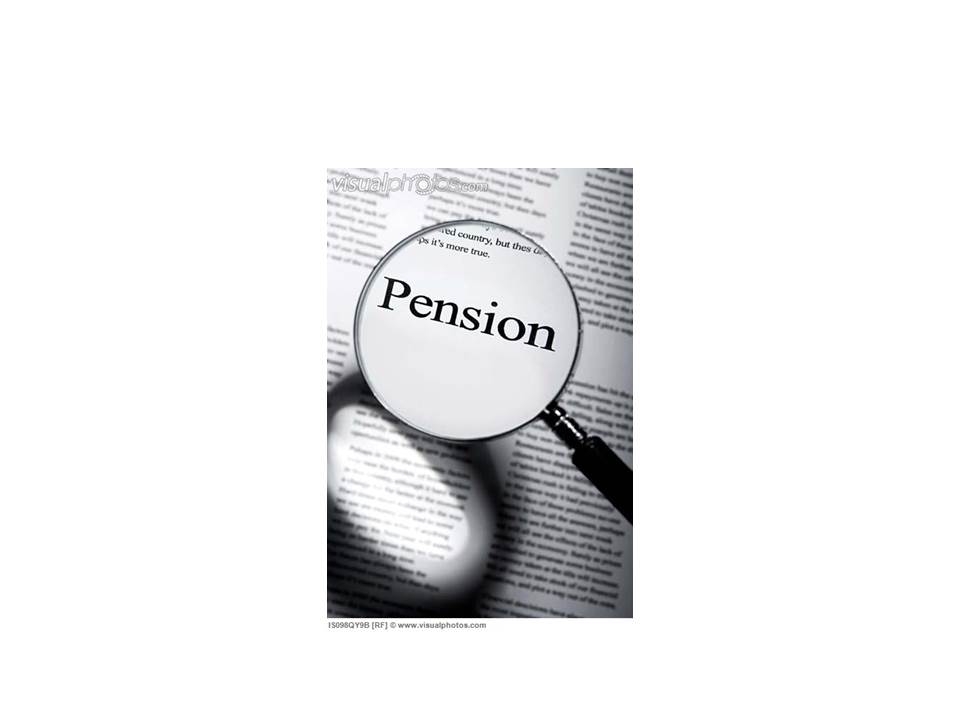
We regularly do hear cases of SSNIT chasing and even prosecuting employers who have defaulted in the payment of the employees’ pension contributions. Most employees may not have the ‘power’ to demand such defaulted payments and may face the fear of being victimised by the employer. In fact most employees may not even know their employers have defaulted. I believe that this 3-tier scheme empowers them to do so either directly or indirectly through the trustee. The NPRA makes it easier in the sense that penalties apply to defaulted contribution payment. The law stipulates that payment into schemes be made on or before 14th of the subsequent month. A default therefore occurs when scheme accounts fail to be credited the mandatory contributions before then. Following default, a rate of 3% contribution surcharge applies to the amount in arrears. There are various steps that need to be taken by both the Trustee and the NPRA outlined in the regulations which includes trustee notifying the Authority.
With the seemingly stringent arrangements in place it is expected that such blatant defaults of contribution payments would be curbed. The only thing is for trustees to be conscious and willing to apply the rules as stipulated. The truth is that the Authority cannot be everywhere to monitor schemes. It is expected that the innate calling of the trustee to look after contributors’ funds would ensure compliance. I must however admit that there might be a bit of a realistic uneasiness in member-nominated trustees, in the event that the rules have to be applied in such stringent manner. As members of the sponsoring company they should however be better positioned to prevent such defaults rather than waiting to happen before redemptive measures are taken.
Now to raise the bar a little higher in the payment of employees’ contributions, I wish to submit to trustees to encourage employers to pay contributions early. The law stipulates that payments into schemes should not exceed 14th of the subsequent month. However if an employer decides to pay on say the 5th rather than the 14th, they would gain a lot in investment returns. If they choose to pay every month on 14th some heavy investment returns would be lost.
Here is an illustration.
If contribution is paid on 5th of month as opposed to 14th, there is a nine-day difference from which if contributions had been paid there would be investment returns. In a full calendar year, 108 days of investment return would be lost to the scheme that chooses to pay contributions on the 14th of every month. Over a five-year period in the life of the scheme 540 days of investment is lost which is nearly 1.5 years of investment returns lost.
|
Schemes |
Date of Payment of Contributions |
No of days gained by A and lost by B (Monthly) |
No of days gained by A and lost by B (Yearly) |
No of days gained by A and lost by B (5-yr period) |
|
Scheme A |
5th |
9 |
108 |
540 |
|
Scheme B |
14th |
9 |
108 |
540 |
If a scheme receives payment on the 7th of every month as opposed to the 14th, they gain 420 days of investment returns over the scheme that receives contributions on the 14th.
So for two schemes that received the same amount of contributions, the one that paid earlier say on the 5th will gain more days of investment returns more than the other that paid on the 14th.
The lessons for trustees are straight forward. Get employers to pay earlier! For member-nominated schemes, trustees can use their positions in the organisation to work it out. The main selling point to the finance department (who are also part of the scheme) is that, the schemes are defined-contribution (or money purchase). And that fund values depend on contributions and investment returns. They may probably be used to the old era where contributions are paid to SSNIT on 14th. But the 1st tier is a defined-benefit and that is pre-determined benefit based on no of years of contributions and salary level. The more the employer holds on to members contributions the more they lose value.
There is nothing legally wrong in holding to contributions and paying on 14th but out of ‘Best Practice’ the trustee should do more to get the contributions earlier than the regulatory limits.
Yaw Korankye Antwi, MDoZ Pensions Consultants
www.ghanatalksbusiness.com


